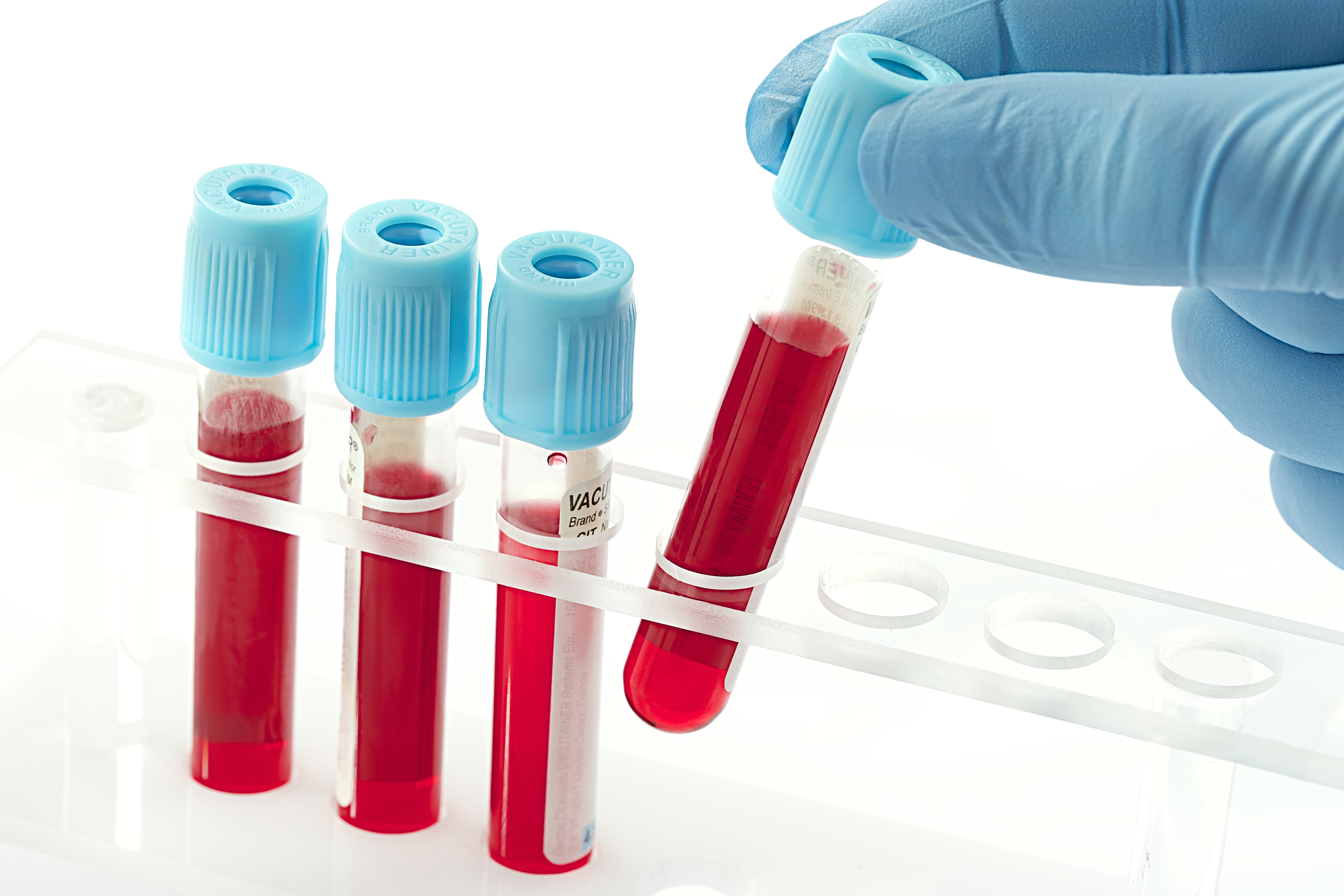New Potential Serum Biomarker for Interstitial Lung Disease Associated with Systemic Sclerosis
Written by |

Researchers at the Poznan University of Medical Sciences, in Poland, recently suggested a new potential serum biomarker for interstitial lung disease (ILD) in systemic sclerosis patients. The study was published in the journal Revista Brasileira de Reumatologia and is titled “Serum Clara cell 16-kDa protein (CC16) levels and lung impairment in systemic sclerosis patients.”
Systemic sclerosis is a rare, chronic autoimmune disease in which the body’s own immune system attacks healthy tissues resulting in inflammation and tightening of connective tissues. The disease usually affects skin, but it can also affect internal organs such as the lungs, blood vessels, and the digestive tract. Systemic sclerosis is associated with a high risk for progressive ILD, a group of diseases that cause progressive scarring of lung tissue which compromises respiratory function and blood oxygenation.
Serological biomarkers of ILD and lung epithelial injury have been described, including the Clara cell 16 kDa protein (CC16), an anti-inflammatory and immunosuppressant protein secreted by Clara cells in the respiratory epithelium. The serum levels of CC16 are believed to act as an indicator of active pulmonary fibrosis in patients with systemic sclerosis.
In the study, researchers assessed CC16 serum levels in systemic sclerosis patients and investigated the possible association with ILD. In total, 28 systemic sclerosis patients and 30 healthy individuals were analyzed. The lung status was assessed through functional tests and radiologically, including the evaluation of the average disease extent by high-resolution computed tomography (HRCT).
Researchers found that serum CC16 levels differed between systemic sclerosis patients and healthy controls only in non-smoking patients. CC16 serum levels were found to be significantly higher in systemic sclerosis patients with an HRCT extent higher than 20% when compared to patients with HRCT extent lower than 20%, indicating that CC16 serum levels positively correlate with the average disease extent on HRCT. On the other hand, CC16 serum levels were reported to negatively correlate with the total lung capacity and the results of the 6-min walk test (a test to assess exercise capacity).
The research team concluded that CC16 serum levels can be considered a potential biomarker for ILD in systemic sclerosis patients. Further studies are necessary to confirm the results.





